Today’s readings
I think we have to be a little bit careful about how we read and hear today’s readings. We’re still in the Christmas season – at the end of it, actually – and, more precisely, we’re at the octave day of the Epiphany of the Lord, which we celebrated last week, in which we started to see Jesus revealing himself, manifesting himself, to the world. Today’s readings are Epiphany readings, too, because they show us even more about who Jesus is and why he came.
But I say that we have to be careful about how we hear these readings because I think they can lead us to define Jesus by what he does. And that’s a start, but it’s just inadequate. Let’s see if we can recognize this a bit more clearly. In our first reading, the prophet Isaiah tells us about the Suffering Servant, and he says that that suffering servant is one who would “open the eyes of the blind … bring out prisoners from confinement …. and from the dungeon, those who live in darkness.” So it’s easy to see Jesus as the suffering servant who would bring about justice. This in itself is pretty huge, but again, if we define Jesus as a justice-bringer, then he’s just a glorified judge or legislator. But Jesus is the true Suffering Servant: the one who would come and serve the people while himself suffering the effects of the peoples’ sins. Jesus did in fact came to suffer and die for us, to pay the price for our many sins. So far from being a judge or legislator, he also stands in place of the condemned – that would be us – and pays the price we deserve for our own lack of justice.
In our second reading from the Acts of the Apostles, Saint Luke tells us that Jesus “… went about doing good and healing all those oppressed by the devil, for God was with him.” Going about doing good and healing those who are suffering is a great thing. But if we see Jesus merely in this way, then he’s just a glorified social worker or physician – there’s nothing special about that. But during this year of grace, we will see Jesus as the divine physician who heals us from the inside out and makes us fit for heaven. He won’t be just a food service worker, but instead the one who spreads the lavish feast that becomes food for the journey to heaven, where we are called to the heavenly banquet.
And we know this is hard because we get confused about our own identities all the time. We can easily define ourselves or especially others by what we or they do. “He’s a computer programmer … she’s an attorney … he’s a retail worker.” Or we may even go so far as to define ourselves or others by superficial factors like nationality or sexual identity. None of this is adequate; it all falls short of saying who we really are.
So we’re in a quandary. If we don’t know who we are, it will be pretty hard for us to see who Jesus is. If we define ourselves by what we do, then we’re definitely going to look to Jesus to fill a role for us, perhaps a different role depending on where life has us at the moment. But it’s all inadequate, and we go through life confused.
Until we hear the words of God the Father in today’s Gospel. With Jesus coming up out of the river Jordan, the Father boldly proclaims: “This is my beloved Son, with whom I am well pleased.” So Jesus isn’t what he does: he is what he was begotten: the Son of God, who is in relationship with the Father and the Holy Spirit from before time began and until eternity. Because of this, his interaction with us is life-changing. Maybe he will heal us of this or that current ailment, but whether he does or whether he doesn’t, he will surely heal us from the inside out, and if we let him, he will lead us to heaven. Maybe he will help us with a family issue that has us up half the night every day, but whether he does or whether he doesn’t, he will surely give us a strength we never expected that will help us through it. All we have to do is stop seeing Jesus for what he does, stop expecting him to fill a role, and instead enter into relationship with him as the Son of God who does nothing but please his heavenly Father.
When we do that – when we enter into relationship with Christ – he will give us identity too. And not just the paltry identity of what we do or our nationality or whatever, but the real identity that God created us with – our identity as sons and daughters of God. It is our task to live that identity with authenticity. And all of this is hard to do. But thank God he gives us himself and gives us the Church to help us on the way to him. We sons and daughters of God live for that day when he tells us that with us, too, he is well-pleased.

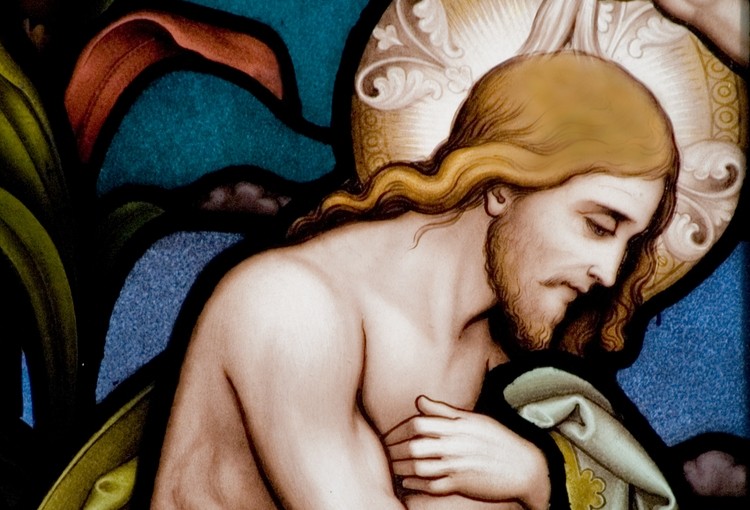
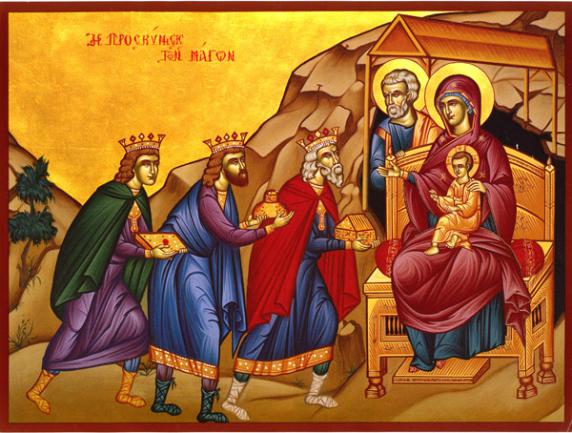
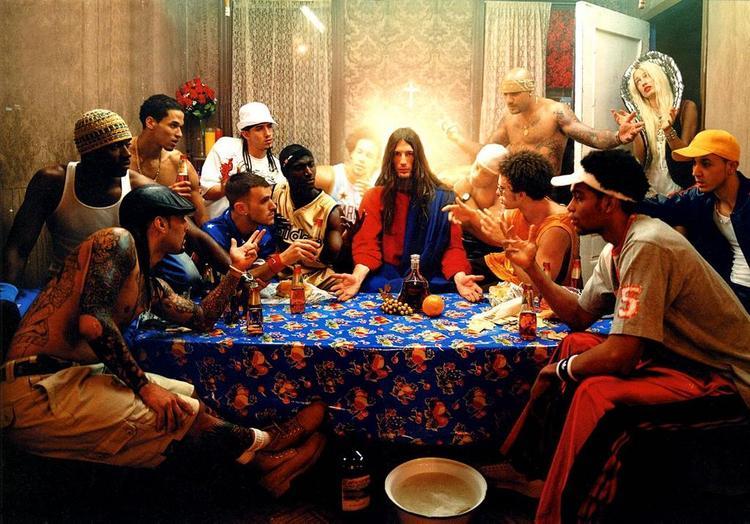
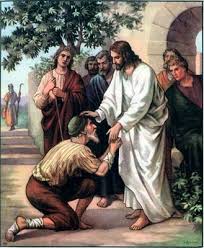
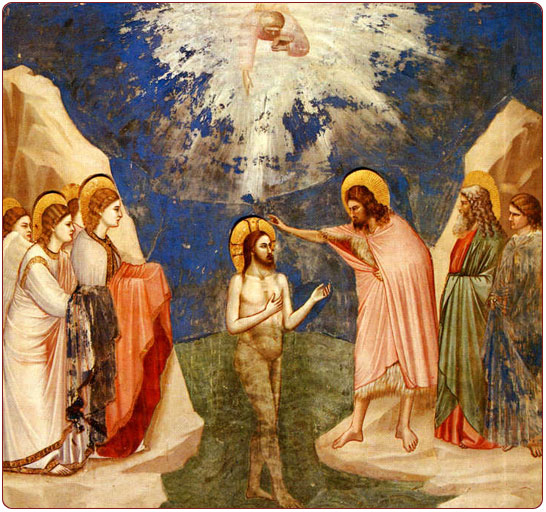
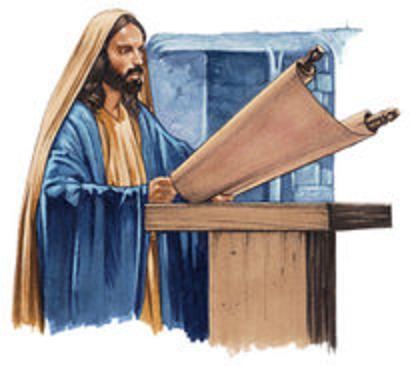
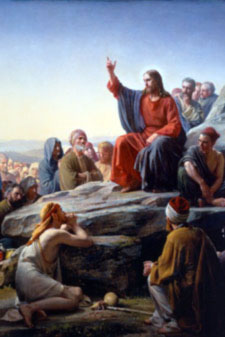
You must be logged in to post a comment.